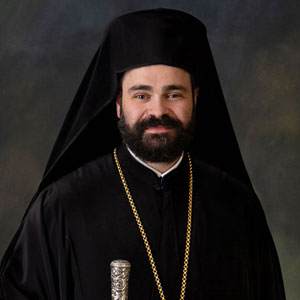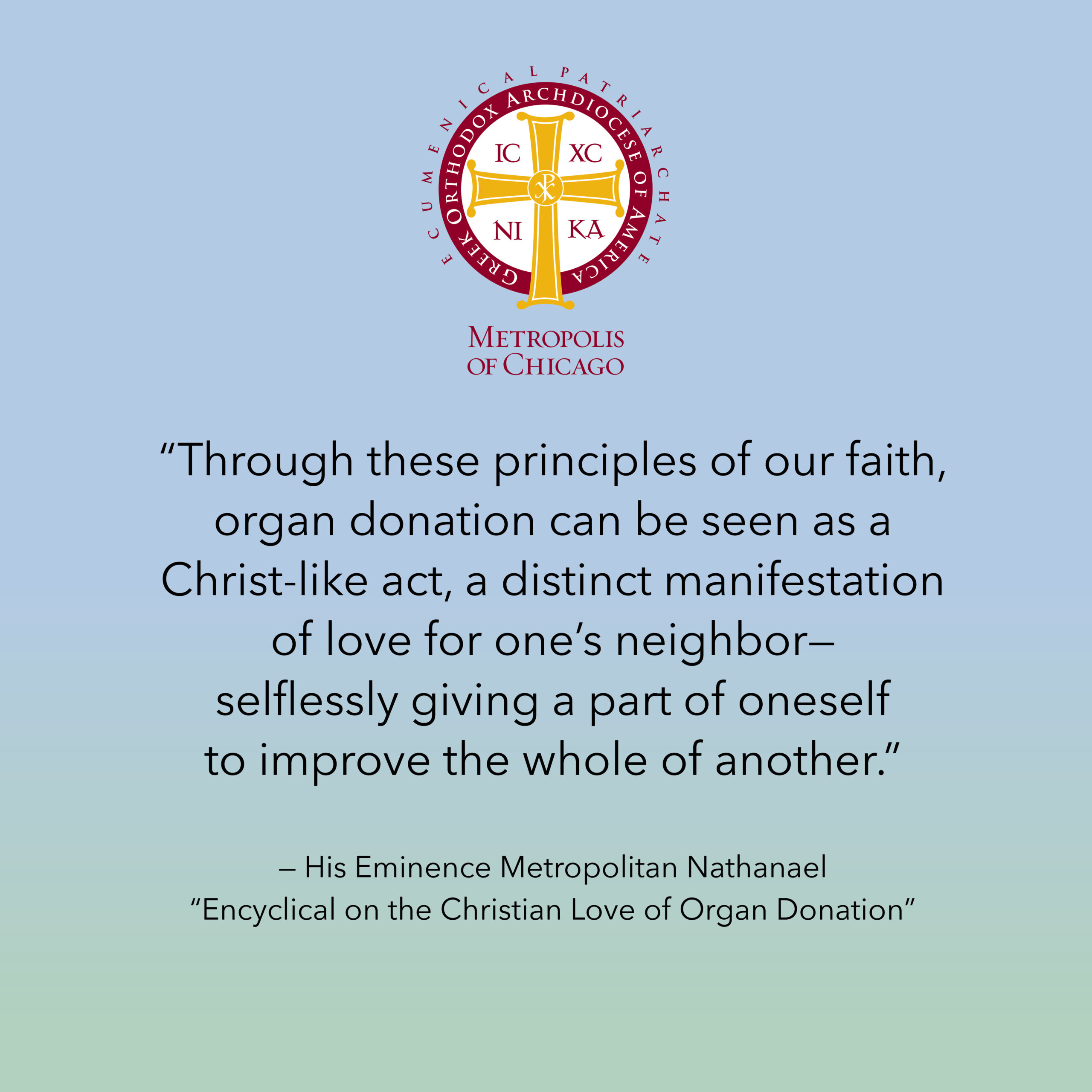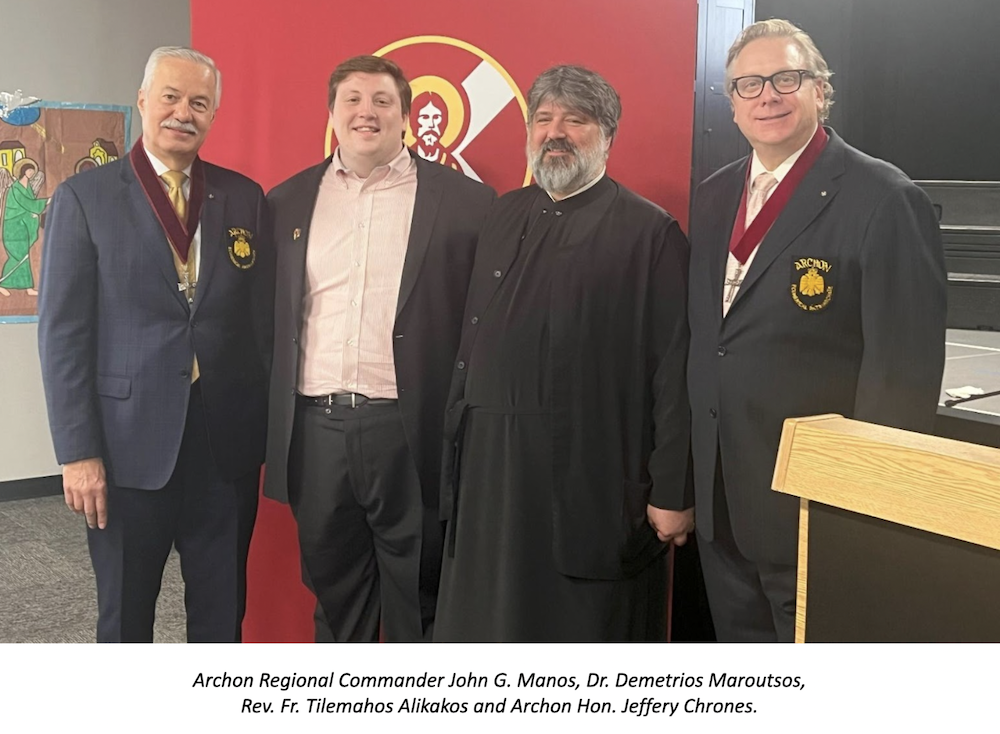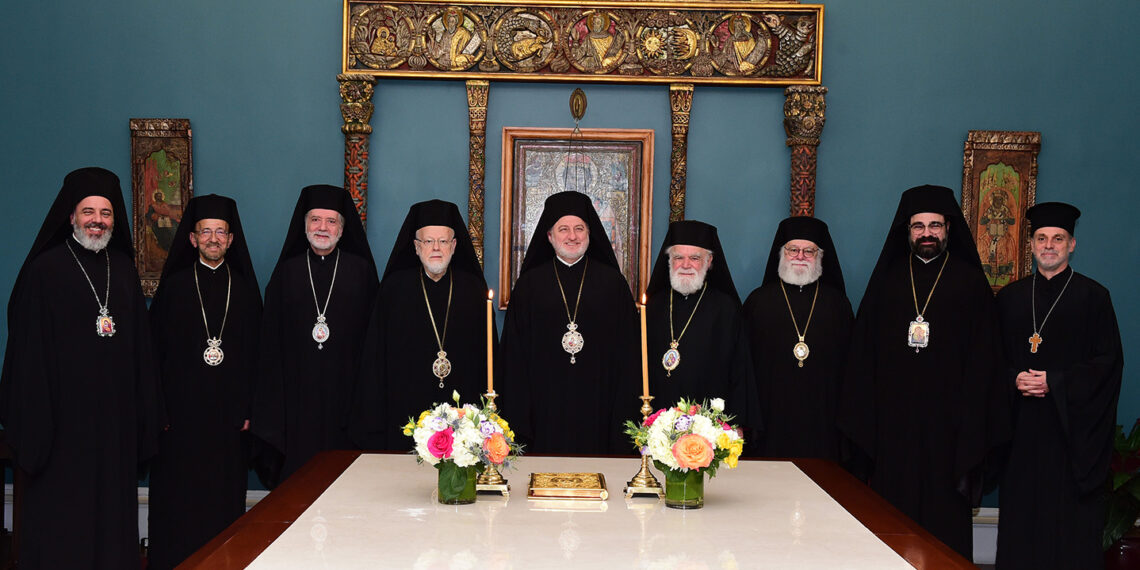NATHANAEL
by God’s mercy, Metropolitan of the Holy Metropolis of Chicago
To the Sacred Clergy, the Monastic Brotherhoods and Sisterhoods, and the blessed laity of the Sacred Metropolis of Chicago.
“Behold, now is the acceptable time; behold, now is the day of salvation” (2 Cor. 6:2).
Beloved fathers and brethren, Beloved children in the Lord,
Our Church, once again, enters Holy and Great Lent, a most blessed time for all of us. On a daily basis, man fights “the good fight,” which leads to the change—the complete spiritual transformation—of the senses, desires, needs, ideas, thoughts, and the carnal mind. In a wonderful, calm, peaceful, mystical, and prayerful manner, everything is transfigured during this period. And this time of the solemn Triodion is set apart as “an acceptable time, a time of repentance,” [1] because it is “a blessed time” for all of us within the tragedy of our history and within our own personal ordeal.
Many of our brothers and sisters think that Holy and Great Lent is the period par excellence during which the Orthodox Church advocates austere fasting and calls us to experience fatigue, labor, and deprivation. I certainly don’t want to suggest that this period isn’t characterized by the ascetical mindset of our Church, that is, the spirit of moderation and limitations. However, turning to the spiritual teachings of the Holy Fathers, we find that there are two key elements that connect this period with the preparation for “the Feast of feasts,” which is Pascha. The first is catechism and the preparation of catechumens for baptism. The second, and more fundamental, is humanity’s repentance for its mistakes and its return to the original manner of life: the life close to God. Therefore, that which the hymns of this period emphasize, speaking about “the acceptable time,” is not pain and deprivation, but “the day of salvation,” which is the result of our personal repentance.
My beloved brothers and sisters,
We can say that true repentance is to recognize our sinful state and to seek out God. These two elements – repentance and seeking God – must go hand in hand. For the recognition and acceptance of our weaknesses, when not coupled with seeking God, can lead a person to disappointment and despair. Everything that we do during this period – fasting, attending services, almsgiving, prayer, confession, etc. – we do as a means to seek God. We are not merely attempting to achieve something corporeal. Such activities help us only when seen as indicators of our love for God. Otherwise, they mean nothing, and become an endless and laborious effort that does not lead to any spiritual end.
I therefore exhort all of you during this period, having as a necessary starting point the acknowledgment of our mistakes and the acceptance of our weaknesses, to increasingly seek God. Seeking God ultimately means that we recognize that we cannot live in isolation. We cannot live by ourselves. Without God, life is a tragedy!
May you have a blessed Holy and Great Lent.
With paternal blessings and love in Christ,
† Metropolitan Nathanael of Chicago
[1] Idiomelon of the Aposticha, Vespers of Cheesefare Sunday.




